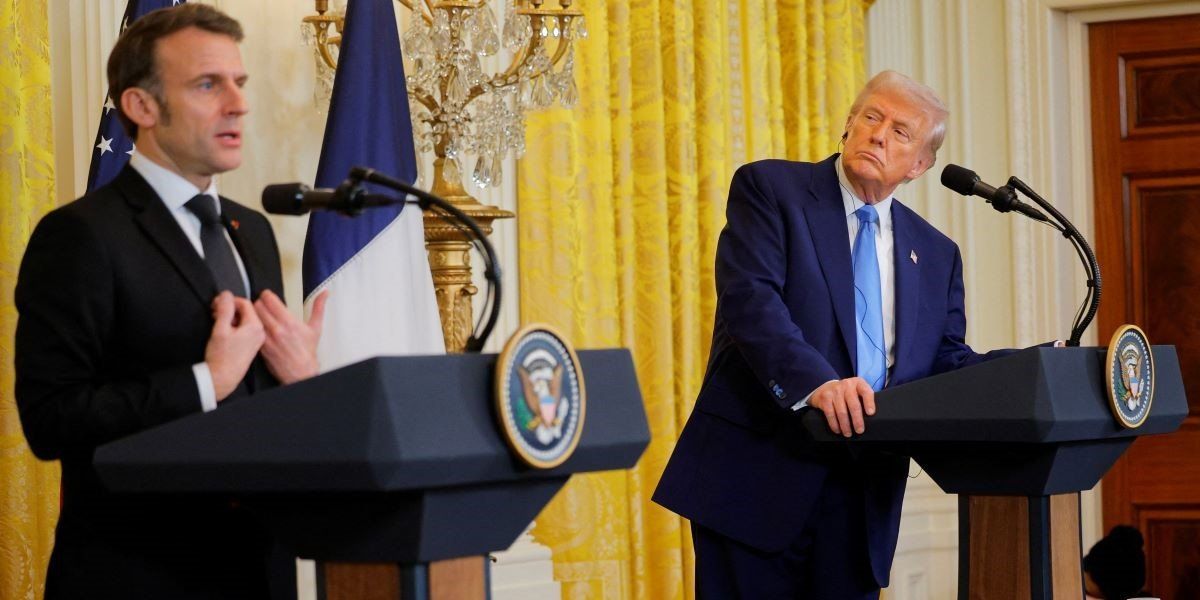5 million: A hacker has stolen the personal and financial information of as many as five million citizens and foreign residents in Bulgaria, a country of about 7 million people. "The state of your cybersecurity is a parody," announced the hacker in an email. It's certainly starting to look that way.
5.1: In 2018, the number of US drug overdose deaths fell for the first time since 1999, according to preliminary data from The Centers for Disease Control and Prevention. Research shows 72,224 overdose deaths in 2017 and 68,557 in 2018, a drop of 5.1 percent.
700 Billion: China has lent more than $700 billion to other countries. That's more than double the amount loaned by the World Bank and International Monetary Fund combined and makes China "the world's largest official creditor." A new study suggests that half of that sum is hidden from institutional lenders.
400,000: It took 400,000 people—including engineers, scientists, mechanics, technicians, pilots, divers, seamstresses, secretaries and others—to send Apollo 11 to the moon and to bring Neil Armstrong, Buzz Aldrin, and Michael Collins safely home. And while the faces we're most familiar are almost entirely white and male, the larger list of those who made it possible is much more diverse.
